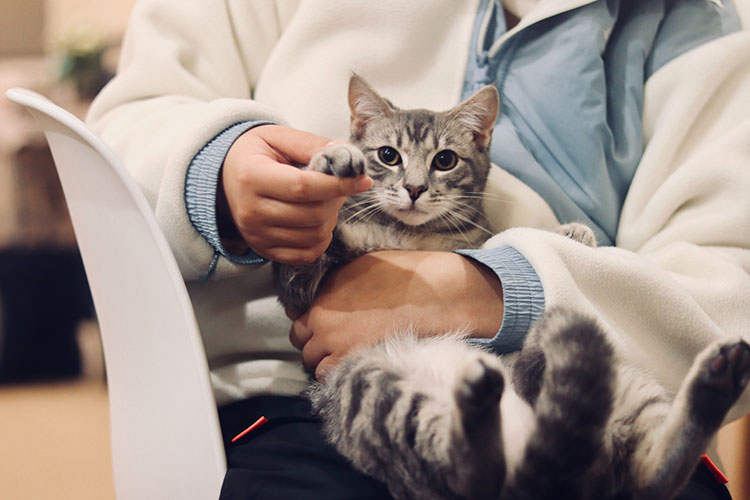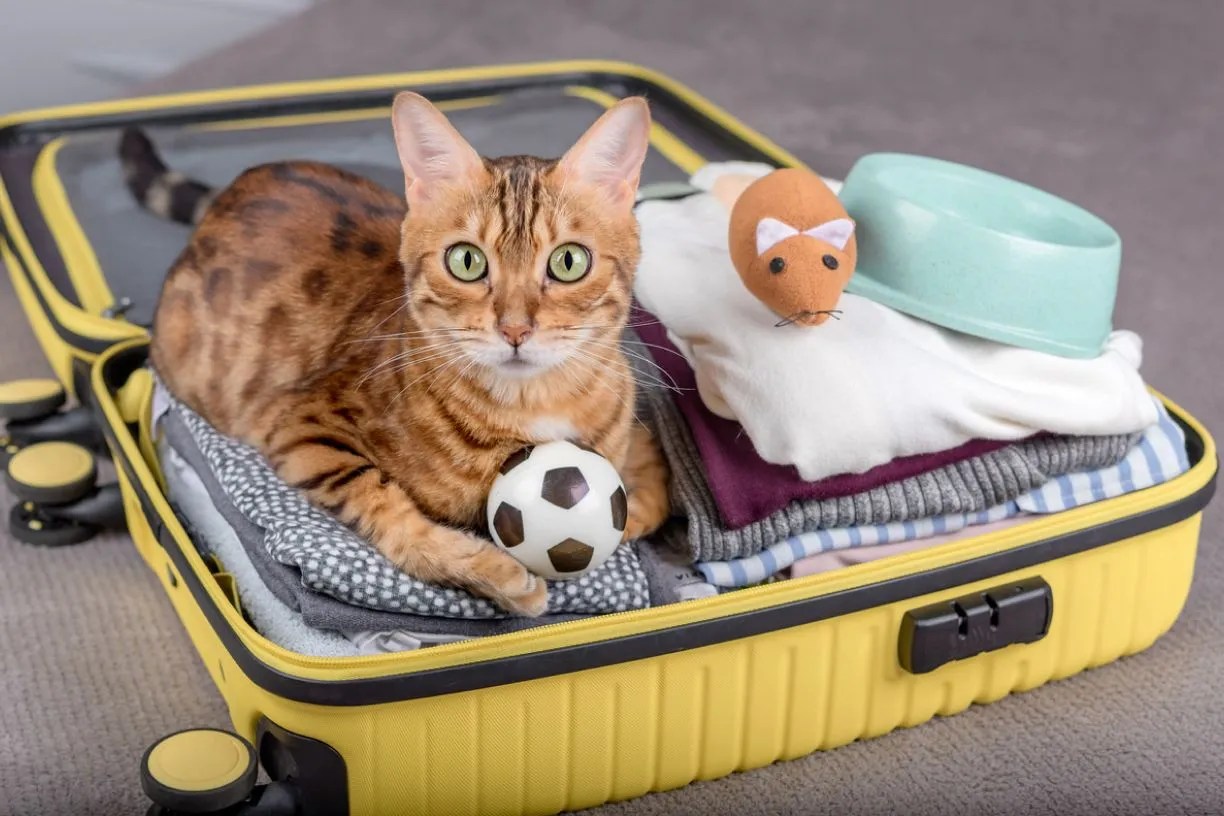Signs of a medical emergency in cats can vary depending on the severity and underlying cause of the issue. However, several key indicators may suggest that immediate veterinary attention is needed. Here are some signs to watch out for:
- Difficulty Breathing: Rapid or labored breathing, open-mouth breathing, or visible struggling to breathe can indicate a serious respiratory issue or airway obstruction.
- Severe Bleeding: Profuse bleeding that doesn’t stop with gentle pressure or bleeding from a wound or body orifice requires urgent medical attention.
- Loss of Consciousness: If your cat becomes unresponsive, faints, or loses consciousness, it could indicate a critical condition such as shock, trauma, or neurological problem.
- Collapse or Weakness: Sudden weakness, collapse, or inability to stand or walk properly may signal various serious medical conditions, including heart problems or poisoning.
- Severe Pain: Excessive vocalization, aggression, hiding, or restlessness accompanied by signs of discomfort can indicate severe pain from injuries, trauma, or internal issues.
- Inability to Urinate or Defecate: Straining in the litter box without producing urine or feces, or signs of discomfort while attempting to eliminate, may indicate a blockage or urinary tract issue, which requires immediate attention.
- Seizures: Uncontrollable twitching, shaking, or convulsions are signs of seizures, which can result from epilepsy, poisoning, or other serious neurological conditions.
- Vomiting or Diarrhea: Persistent vomiting or diarrhea, especially if accompanied by blood, lethargy, or dehydration, may indicate poisoning, gastrointestinal obstruction, or infectious disease.
- Sudden Behavioral Changes: Abrupt changes in behavior such as confusion, disorientation, extreme lethargy, or aggression can be signs of an underlying medical emergency, including neurological issues or toxicity.
- Trauma or Injury: Any visible signs of trauma such as wounds, fractures, burns, or significant swelling require immediate veterinary attention to assess and treat.
If you notice any of these signs or suspect your cat is experiencing a medical emergency, don’t hesitate to contact your veterinarian or an emergency veterinary clinic immediately. Quick action can make a significant difference in the outcome and ensure the best possible care for your feline companion.





















































































